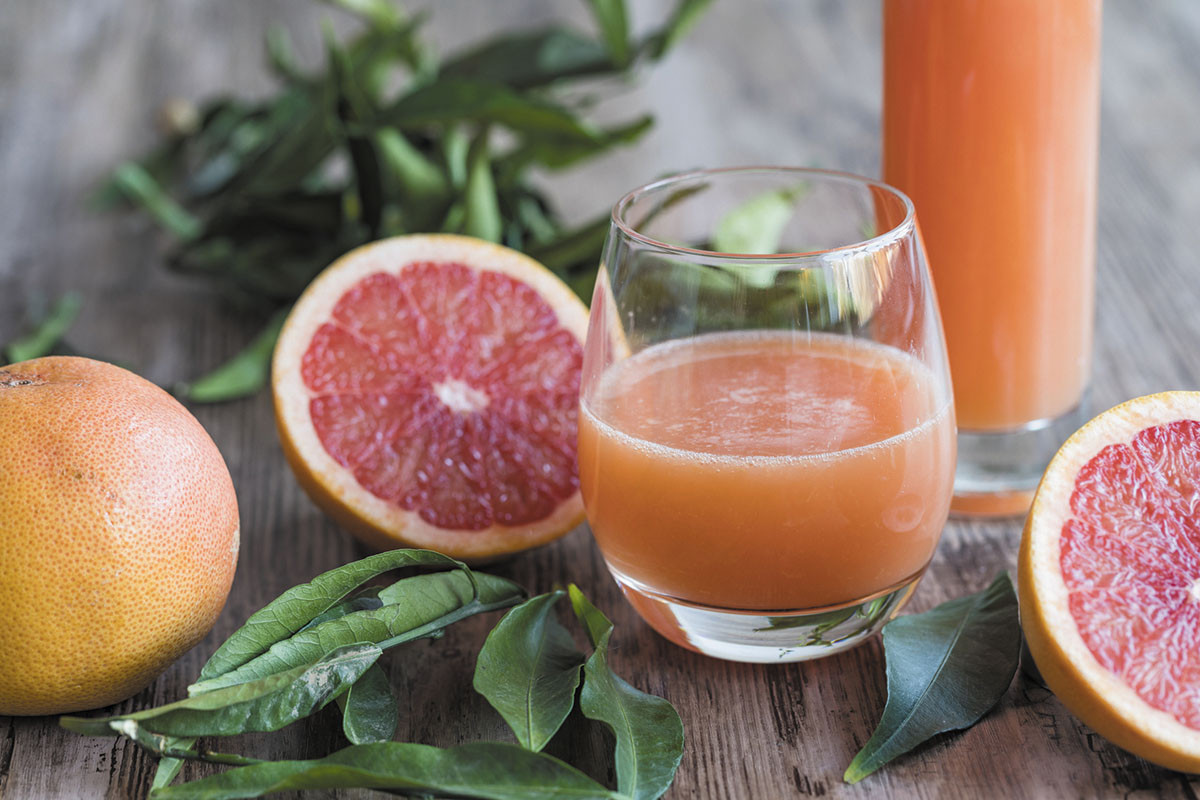
How — and why — to fit more fiber and fermented food into your meals

UTI in older women: Why postmenopausal women are susceptible to urinary tract infection, and what to do about it

Can a routine vaccine prevent dementia?

Some adults may need a measles booster shot. Who should get one and why?

Less butter, more plant oils, longer life?

Healthier planet, healthier people

Counting steps is good — is combining steps and heart rate better?

Appendix pain: Could it be appendicitis?

Can saw palmetto treat an enlarged prostate?

How does Ozempic work? Understanding GLP-1s for diabetes, weight loss, and beyond
Safety/Injuries Archive
Articles
Quick fixes to keep you from falling
About half of all falls take place in the home. To prevent them, it helps to eliminate fall hazards in every room of the home, such as floor clutter and throw rugs.
Study finds dog walking injuries are increasing
A 2023 study noted a sharp rise in injuries (from 2001 to 2020) among people who walked dogs on leashes. Dog walkers most commonly suffered broken fingers, shoulder sprains, and traumatic brain injuries.
Women more likely to be injured while walking a leashed dog
A 2023 study suggests that women and older adults are more likely to sustain serious injuries, such as fractures and head trauma, than others while walking a leashed dog.
Protect your skin from serious burns
There's no time to lose when someone suffers a burn. For a minor burn on a small area of skin, run cool water over it for 20 minutes to help limit damage, and then apply petroleum jelly or antibiotic cream and cover the burn with a bandage. If a blister develops, dab antibacterial cream on it, cover it with a bandage, and get to a doctor as soon as possible. Second-degree burns that are large or involve the face, hands, feet, or genitals, and all third-degree burns, warrant a call to 911.
Health warnings on exercise equipment: Should you worry?
If you work out at a gym, you may notice warnings on the exercise equipment. For most of us, these warnings should not be cause for alarm, although people with certain health conditions should be cautious about exercising.
Tramadol: Uses, side effects, and risks
Tramadol is a painkiller used to relieve moderate to severe pain. Learn more about this medication and if it might be right for you.
Good intentions, perilous results
Some supplements can interfere with lab tests to diagnose or monitor health conditions, which can lead to life-threatening misdiagnoses or unnecessary additional testing. Biotin (vitamin B7) can skew results from a blood test to diagnose heart attack. Other problematic supplements include vitamin C, which can interfere with blood sugar readings and stool tests; calcium, which can make bones appear denser than they are on bone density scans; and creatine, which can lead to falsely high readings of creatinine, a marker for kidney disease.
Pacemaker precautions in the age of electrification
An estimated 2.5 million Americans have implanted heart devices, which can be affected by magnetic or electrical interference from electric vehicle charging stations, induction cooktop stoves, and smaller gadgets such as smartphones and wireless earbuds. Magnetic energy can cause pacemakers to revert to a preset mode that may be faster or slower than the programmed heart rate. Electrical interference can cause a pacemaker or implanted cardioverter defibrillator to mistakenly stop functioning or deliver an unneeded shock.
Symptom-free dips in blood pressure may precede unexplained falls
Many older people with orthostatic hypotension (a sharp drop in blood pressure upon standing) have no related symptoms such as dizziness or lightheadedness. But they may face an elevated risk of unexplained falls.
Heart medication interactions
Certain drugs, supplements, or foods can interact with common heart medications. Known as drug-drug or drug-nutrient interactions, these can occur at any point of the drug’s "life cycle:" absorption, metabolism, or excretion. When a drug or other substance alters the absorption or metabolism of another drug, this may reduce or increase its effects. For example, grapefruit juice can elevate blood levels of certain statins and potentially increase the risk of side effects.

How — and why — to fit more fiber and fermented food into your meals

UTI in older women: Why postmenopausal women are susceptible to urinary tract infection, and what to do about it

Can a routine vaccine prevent dementia?

Some adults may need a measles booster shot. Who should get one and why?

Less butter, more plant oils, longer life?

Healthier planet, healthier people

Counting steps is good — is combining steps and heart rate better?

Appendix pain: Could it be appendicitis?

Can saw palmetto treat an enlarged prostate?

How does Ozempic work? Understanding GLP-1s for diabetes, weight loss, and beyond
Free Healthbeat Signup
Get the latest in health news delivered to your inbox!
Sign Up











